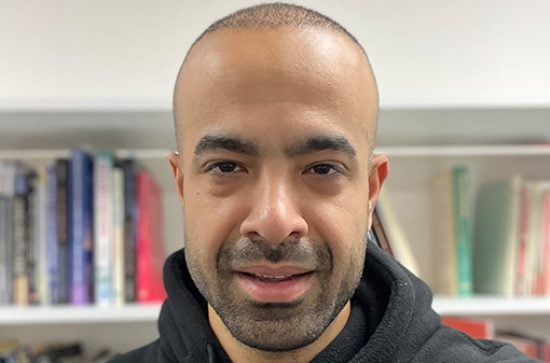Ali Asghar Ghareh Daghi

About
PhD Thesis Title: Managing United States Sanctions: The emergence of a “resistance model” in Iran and Venezuela?
Supervisor: Dr Barry Cannon / Prof Honor Fagan
Please use one of the options below to find details of a member of staff, or associate, from any Academic Department or University Office.

PhD Thesis Title: Managing United States Sanctions: The emergence of a “resistance model” in Iran and Venezuela?
Supervisor: Dr Barry Cannon / Prof Honor Fagan